GILFORD — Five residents with children in Gilford schools are competing for two open seats on the school board – all hoping to continue pre-COVID quality in schools they are proud of, with most seeking to make small, important changes in the wake of the pandemic.
Combating learning loss and community polarization, increasing parent involvement and improving communication about meetings and issues are common themes. Candidates share an interest in preserving and enhancing learning and student outcomes, and some are teachers or coaches.
Incumbents Gretchen Gandini, who has served for six years and is the current chair, and Karen Thurston, who has served for nine, are not running. Voters will select new members on Tuesday, when polls will be open from 7 a.m. to 7 p.m. at the Gilford Youth Center on Potter Hill Road.
Jessica Jacques, a teacher and math specialist in the Merrimack Valley school system, has a fourth-grader and a seventh-grader in Gilford schools and has lived here for 18 years. She currently serves as media and public relations chair for New Hampshire Teachers of Mathematics, and is on the executive board of her teachers' association. She also counsels educators on teaching methods and how to meet standards for students.
COVID taught parents, educators and students about the importance of having plans ready to go when conditions change, Jacques said. “A focus that’s been lost is making the best decision for student learning and achievement. It seems like decisions are made prior to meetings without listening to public comment, and according to popular viewpoints. But they’re not necessarily in the interest of student achievement, staff safety and staff retention,” she said. The district should do more proactive planning than reactive planning. “If I’m elected I’d want to think about all case scenarios, anticipate problems and plan ahead for them.”
Doing what’s needed to address learning loss tops the agenda, she said. “We need to shift away from mitigation and look at how this is impacting learning and achievement at all levels. All students are affected by frequent absences and staff being out, and some students can’t be independent learners. Even average learners and top learners are facing learning loss and not reaching their true potential,” Jacques said.
Koleen Crawford has worked as both an elementary school and special education teacher in Londonderry. Her husband grew up in Gilford and the family moved back eight years ago. They have four children in first through eighth grade.
She oversaw the education program for children at Hampstead Hospital, a private psychiatric hospital. She believes her experience as an educator, a parent advocate, and as a consumer of special education services, early preparation in reading and math, and accelerated programs for some of her children will be an asset to the board and the community. “Not only have I been a teacher and advocate, I feel I would be an advocate for other people as well.”
In the aftermath of the pandemic, “I’m hoping to help bridge that gap to get our kids back to where they need to be academically. It’s important to bring kids who are not being challenged back to doing their best. There are students who haven’t reached their full potential because of COVID. I’d love to see them pushed to get to where they should be.”
Crawford believes the district’s COVID relief funds could be used to hire tutors for children before school, after school, in study halls and in summer school. “There’s a lot more learning going on with a tutor than when they’re in a larger classroom” trying to catch up or keep up, she said. Crawford also believes grades need to be brought back at the middle school, where students are currently rated according to competency. She thinks it would be helpful for parents to receive emails alerting them to school board meetings and important agenda items.
“A lot of parents are sick of talking about masks. Let’s talk about academics and what’s going on in the classroom. We need better communication in advance” of meetings, Crawford said.
Patrick Hughes has five children in grades 6, 7, 8, 10 and 12 in Gilford schools. The family moved here eight years ago because of the quality of the school system, he said.
“I’m not looking to change anything. I like the way things have been done here, and want to keep it that way,” said Hughes.
For the past six years Hughes has coached the Silver Hawks youth football team and served on its board of directors. He has coached girls’ middle school basketball, and flag football, T-ball and soccer for 14 years. Formerly a corrections officer, he now works in hospital security, and spent a year as a substitute teacher in Gilford schools. “I’m not just an outsider looking to get involved. I’ve been involved,” he said.
Hughes said he hopes to bring common sense, logic and a willingness to sit back, watch and listen to understanding and solving problems. “As one person you have to work as a team or you’re not going to get anything done. The teachers and administrators are the professionals. Sometimes they just need a little guidance.”
He advocates returning to conventional grades in the middle school, which he said are better motivators for kids and more useful indicators for parents. He does not support mandatory masks. He said he favors having a more effective in-school discipline system. “Right now, two or three kids require 60% of the teacher’s attention, while the remaining 16 get 40% of the teacher’s attention.”
Nicole Hogan has lived in Gilford for 10 years and has children in second and fourth grade at Gilford Elementary School. After a career in marketing and graphic design, she is studying to become a clinical mental health counselor, specializing in therapy for trauma.
She said she’d bring skills in listening, open-mindedness and creative problem solving to school district issues, as well as an ability “to view situations through the lens of mental health, and look at things from multiple angles” to understand underlying needs.
She prioritizes the importance of bringing people together in a community that has been split by political partisanship over the last two years. These attitudes have filtered to students, she said. “They talk about it and it impacts them. I think kids are more aware today of what political side their parents are on, and their parents’ friends are on.” She said underneath these divisions and issues “We all have the same needs at the end of the day.”
She said she’d like to focus also on parent engagement, allowing parents to feel heard. “Study after study shows parental engagement in a child’s education is a key predictor of educational success, and it has a ripple effect through the entire school community. Parents want to be involved right now.” Addressing learning loss is going to be a team effort, she said, and it would be helpful if parents could tune in remotely to school board meetings they can’t get to in person in order to stay informed and involved.
Michelle Tyler moved with her family to Gilford in 2018, works full time in sales at Gunstock, and has children ages six and eight in Gilford Elementary School and a four-year-old at the Village Nursery School.
She said she would be an important addition to the Gilford School Board because she is balanced, respects other views and works hard to find a middle ground – approaches that are key to healing division and solving problems.
“I’m a parent. I’m an invested member of the community and I am comfortable standing up and speaking up, whether that be at a round table full of executives or at school board meetings,” said Tyler. If elected, she would hope to bring the community together. “Education has become so polarized. The only way I see out is to be proactive, pull everyone to the table and work together. We need transparency to satisfy both sides."
She proposes creating a curriculum advisory committee that would include teachers, administrators, expert staff and a parent representative from a parent sub-committee.
She said she favors parental rights when it comes to personal medical preferences and transparency in education, and will work hard to encourage video-conferencing and parent participation, and the posting of curriculum content on the district’s website. “With technology these days, it would be easy enough to provide this information,” Tyler said.






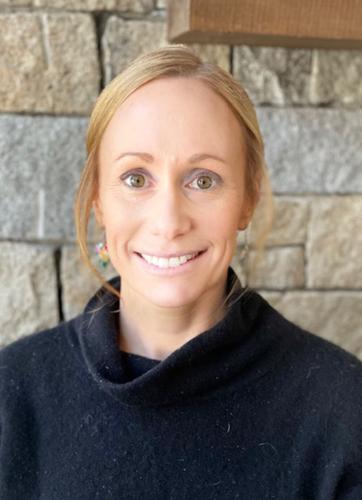
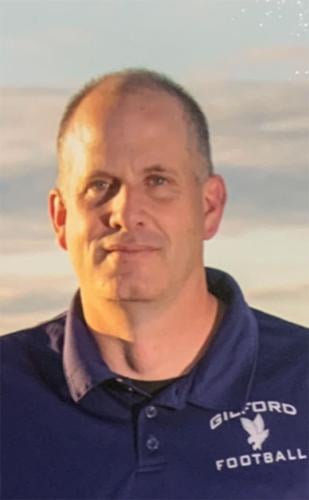
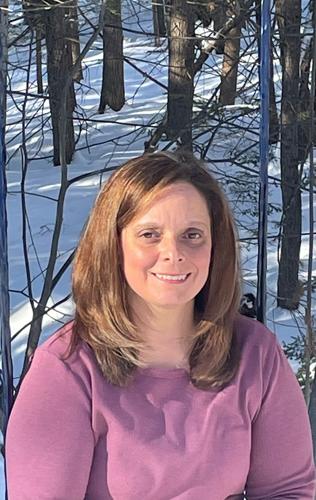
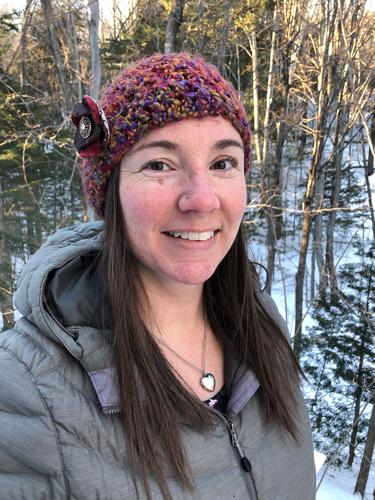
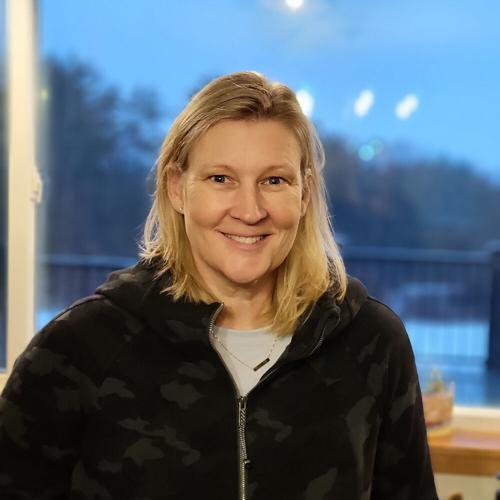











(0) comments
Welcome to the discussion.
Log In
Keep it Clean. Please avoid obscene, vulgar, lewd, racist or sexually-oriented language.
PLEASE TURN OFF YOUR CAPS LOCK.
Don't Threaten. Threats of harming another person will not be tolerated.
Be Truthful. Don't knowingly lie about anyone or anything.
Be Nice. No racism, sexism or any sort of -ism that is degrading to another person.
Be Proactive. Use the 'Report' link on each comment to let us know of abusive posts.
Share with Us. We'd love to hear eyewitness accounts, the history behind an article.